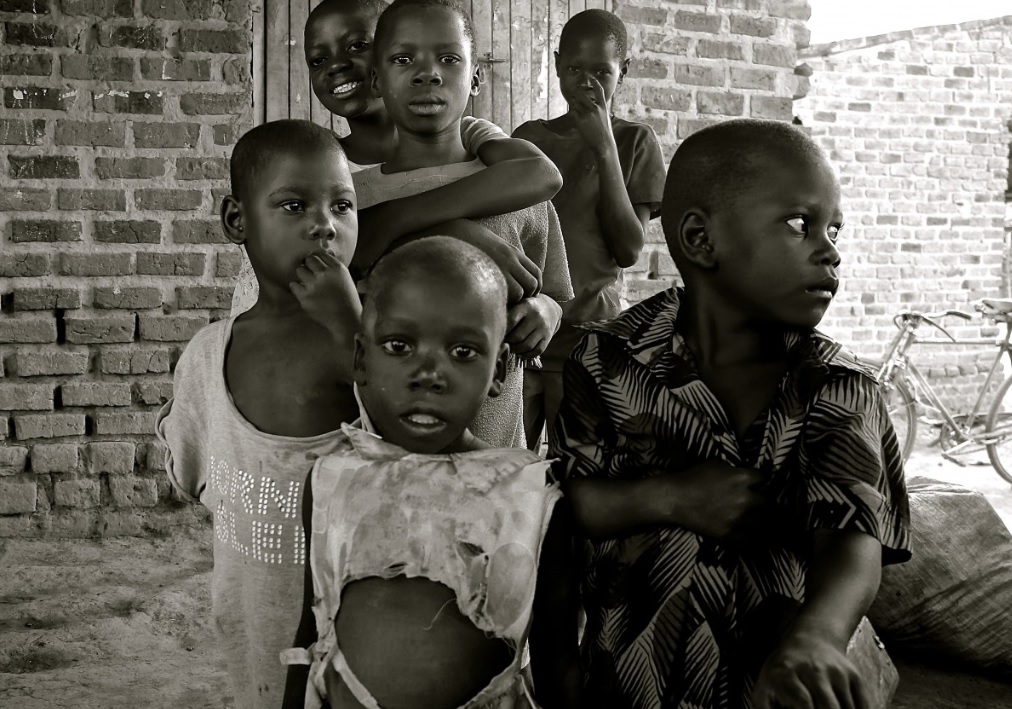Malawi: World Food Programme takes initiatives to fight malnutrition during ‘lean season’

- Country:
- Malawi
Malawi’s Mangochi district is currently under severe typical problem. Many families go hungry between the months of December and March. They call it the “lean season” as food runs out before the new harvest comes.
This problem in the Mangochi district of Malawi is a recurrent problem. When children fall sick due to malnutrition, the elders take them to the health centers to receive nutrient-rich or high-energy porridge to raise their energy level. But the porridge has also been noticed running out within days. And the repeated processes are observed not adequate for the children and many again fall sick.
Currently, the World Food Programme has taken a new initiative to prevent malnutrition during those difficult days. World Food Programme (WFP) has provided the families in Malawi’s Mangochi district with additional cash during the lean season so that they are able to purchase extra food to fast-track the recovery of their young children who were on nutritional support.
WFP revealed through its official Twitter handle that it joined hand with the United Kingdom government-operated Department for International Development (DFID) to facilitate cash transfer during the 2018-2019 lean season in Malawi’s Mangochi district. WFP (in association with DFID) facilitated cash transfers to more than 5,000 families to benefit from life-saving nutritional support and ensure that nutritional gains are not compromised due to lack of food. WFP also revealed that this initiative has helped to improve the conditions of those families’ children.
Also Read: World Food Programme tweets emergency response to DR Congo’s Ebola-affected regions










